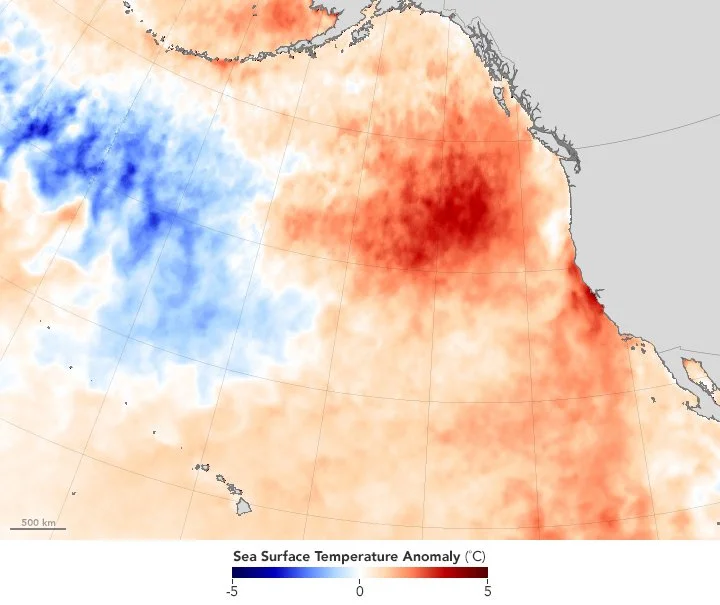
The ISSUE

what are kelp forests?
Kelp is a family of brown macroalgae that create incredibly diverse and vibrant ecosystems that are rich with life. They provide food, shelter, breeding grounds, and serve as the foundation for thousands of species across 28% of Earth’s coastlines. Animals such as Orcas, Whales, Sharks, Seals, Sea Lions, Sea Otters, and more rely on the health of the kelp forest as it is the base of their food chain. As part of the carbon cycle, kelp forests sequester carbon out of the atmosphere, curbing up to 20x more carbon than land forests. Kelp also reduces water acidification, supports enormous fisheries worldwide, and protects our coasts from storms.
Kelp Forests are disappearing around the world
NASA’s satellite imagery reveals Northern California kelp forest canopy has declined by 95% since 2014. Tasmania’s Giant kelp forests have also declined by 95%. Worldwide, 40-60% of kelps are either already gone or in decline. When the kelp goes from an area, so does the vast majority of the life that depended upon it.

The ocean is warming faster than kelp can adapt
Kelp Forests are cold water ecosystems that occur on temperate rocky reefs. As marine heatwaves increase in both intensity and frequency across our oceans, widespread kelp loss events also occur. The “Blob” was a record breaking heatwave in the pacific ocean from 2013-2015 that had devastating impacts on the kelp forests of the Pacific coast of North America. A comparable heatwave hit the west coast of Australia in 2010 with similar impacts.

Overfishing and predator loss lead to “urchin barrens”
As we overfish predators of the sea urchin such as the sea otter, sunflower sea star, and spiny lobster, herbivorous sea urchins are left unchecked to mow down kelp forests, rendering temperate reefs uninhabitable for kelp for years or decades. This creates an ecosystem devoid of diversity, productivity, and habitat that would have existed in a healthy kelp forest. As these overpopulated urchins are starving, they are not desirable to their natural predators anymore, and thus often require removal by humans.

kelp forests are overlooked
Kelp forests, despite their tremendous scale, biodiversity, ecosystem services, and economic value, are almost entirely absent from international environmental policy. Ecosystems such as Mangroves and Coral Reefs receive over 20-40x the amount of funding globally as kelp forests.





